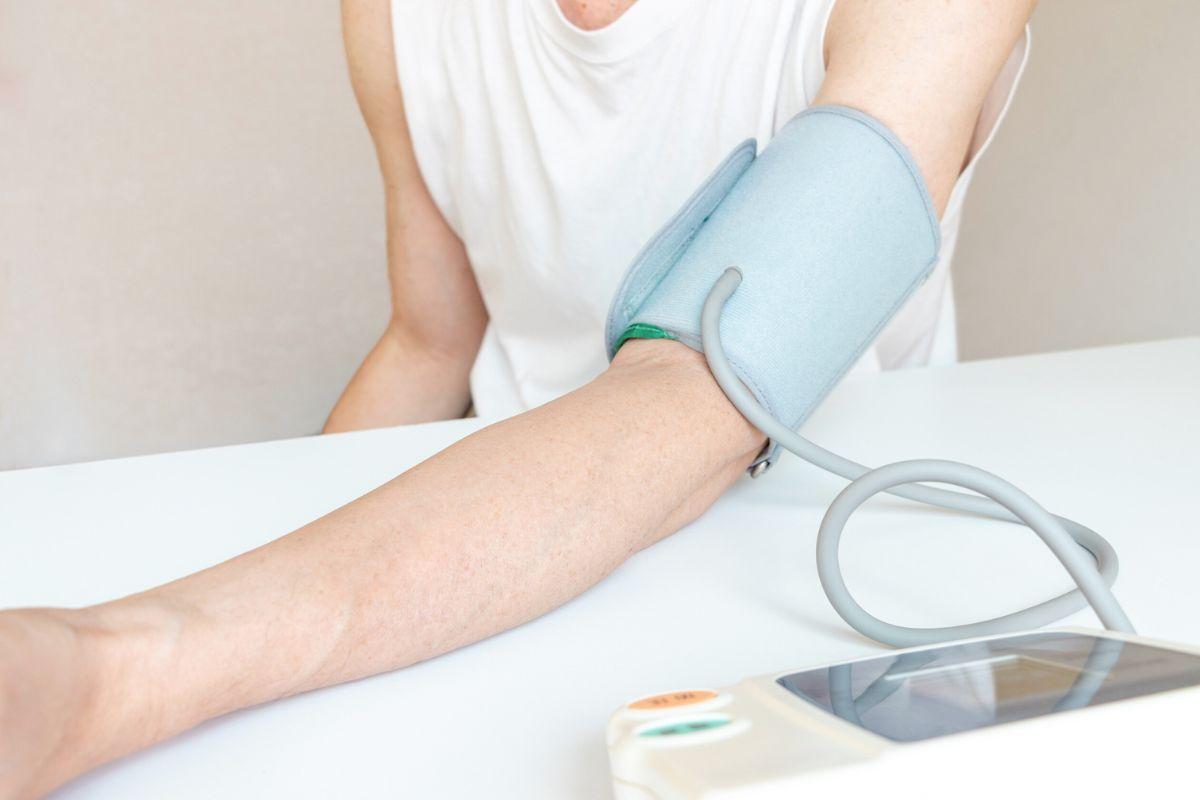Written by Mr Inderpaul Birdi and The Nutrition Clinic for Doctify
There’s nothing quite like that morning cup of coffee. And the one after that. Plus, that afternoon flat white. Even if you’re not one for the coffee fix, Diet Coke, green tea, energy drinks all have one thing in common: caffeine.
Yes, it can perk you up in the morning but how much is too much? What effects can caffeine have on your heart? Here to tell us is Cardiothoracic Surgeon, Mr Inderpaul Birdi.
What actually is caffeine?
Caffeine is one of the most widely consumed chemicals in the western world and is described both as a drug and a food additive. With this popularity comes a myriad of myths and debates about the effects of caffeine on your heart and general health. Caffeine has a number of beneficial and detrimental effects on our body and like most things, its effects are dose related and individual specific. So, how can you make sensible decisions about how much coffee you can safely consume?
What is it usually in?
The first step is to clearly understand your total caffeine exposure. It is very important to appreciate the diverse range of foods containing caffeine to properly calculate your levels of consumption. Few of us appreciate that caffeine consumption does not just mean how much coffee we drink. In fact, caffeine is found in many common foods including, coffee beans, tea leaves, chocolate, many soft drinks, gum, jelly, and much more.
What effect does caffeine have on my heart?
Caffeine stimulates the central nervous system producing a response similar to the natural survival response. It does this by releasing adrenaline and cortisol. The classic physiological results are increased power of contraction of the heart, increased heart rate, and a transient increase in blood pressure. Interestingly, though, these effects vary between individuals and as tolerance to caffeine occurs, the physiological effect of caffeine can weaken.
Other effects of caffeine on your body include the release of fatty acids from adipose tissue (hence it’s so called slimming properties). It can also cause increased urination (producing dehydration).
Individuals can experience a delayed “caffeine withdrawal” up to 12–24 hours AFTER the last dose of caffeine. The most frequent symptoms are headache, anxiety, fatigue, drowsiness and depression. These symptoms tend to resolve within 24–48 hours.
How much is too much?
The American Heart Association suggests that caffeine equivalent to 1 to 2 cups per day is safe, whilst the British Heart Foundation website suggests that 4 to 5 cups of coffee is safe.
The team at The Keyhole Heart Clinic believe that consuming caffeine equivalent to 3 to 5 cups of coffee per day seems to be safe for your heart and may even offer other benefits.
How do we come to this conclusion?
In a recent study published in Circulation (2017) the consumption of 3 to 5 cups of coffee per day was associated with a reduction in death from cardiovascular disease, neurological disease and suicide (presumably the result of changes in the chemical processes occurring in the brain). Interestingly, a weaker link between decaffeinated coffee consumption and reduced cardiovascular risk was found suggesting that the results may be the result of a multitude of lifestyle issues, one of which is caffeine. It would be fair to conclude that consumption of 3 to 5 cups of coffee per day may not be harmful in healthy individuals.
Some people believe that caffeine can produce heart rhythm problems like atrial fibrillation in previously healthy individuals. However, there is no strong evidence to suggest this. Considering all the effects of caffeine, as well as the variation in individual specific response, we suggest that if you experience palpitations when you consume large amounts of caffeine, then caffeine restriction may be wise.
Is it addictive?
Caffeine is a drug and is addictive and like most chemicals, should not be consumed in large amounts. Based upon current clinical evidence, we recommend that caffeine consumption equivalent to 5 cups of coffee per day (400 to 500mg) should not be exceeded.
If you are consuming large amounts of caffeine we recommend that you reduce your daily consumption gradually as withdrawal can occur. Individuals can experience a delayed “caffeine withdrawal” up to 12–24 hours AFTER the last dose of caffeine. The most frequent symptoms are headache, anxiety, fatigue, drowsiness and depression. These symptoms tend to resolve within 24–48 hours.
So, what about people with established heart disease?
The evidence here is even more unclear where some studies have suggested that excessive caffeine consumption is not advised. Having said this, in a recent study published in JAMA (2016) 500mg of caffeine (equivalent to 4 to 5 cups of coffee) was given to people with heart failure and compared with those who were given no caffeine. The incidence of heart rhythm disorders were no different between the groups, suggesting that caffeine was not harmful in these patients with advanced heart disease.

Can caffeine cause heart attacks?
There is some evidence that very excessive consumption of caffeine can produce a multitude of dangerous effects including sudden heart attack. This is the reason why it is important to remember that many foods and drinks (not just coffee) can contain potentially large doses of caffeine and caffeine toxicity can occur without realisation. Symptoms of caffeine toxicity include, restlessness, palpitations, nausea, anxiety, insomnia, dizziness, vomiting, and in extreme consumption can also cause cardiac arrest. If you keep your total caffeine consumption below 400 to 500mg per day, and you do not experience these symptoms, then it is likely that you are following a safe approach to caffeine consumption.
Is there anything else we should be avoiding for a healthy heart?
As the health of our cardiovascular system is intricately linked to our whole body health our dietary and lifestyle choices will have a huge impact on heart health.
- Inactivity
- Smoking
- High alcohol consumption
- Foods high in refined sugar, such as syrups, honey, fruit juices, granulated sugar
- Refined white products such as breads, pasta and rice
- High salt foods e.g. processed meats, sauces, ready meals and additional table salt
- Trans fats found in fried foods, overheated oils and buttery spreads
What foods are good for your heart?
Replacing saturated fats with polyunsaturated fats seems to be the overwhelming recommendation of The American Heart Association (2017) for reducing cardiovascular risk. Foods rich in anti-inflammatory unsaturated fats are good.
- Oily fish
- Nuts
- Seeds
- Nut/seed butters
- Avocados
- Olives
- Cold pressed olive, avocado and walnut oils
- Whole grains like barley, rye and brown rice
- Beans
- Pulses
- Legumes
- Green leafy vegetables such as cabbage, kale and chard
There is also anecdotal and compelling evidence to suggest that a plant based diet can be both cardioprotective and may even reverse coronary narrowing in those with established heart disease. You may wish to try this approach, if you can manage it, as an adjunct but NOT a replacement for the active treatment of established coronary disease. The antioxidant compounds found in colourful fruits and vegetables, unroasted cocoa and dark chocolate may help to dampen the effects of stress, environmental pollutants and other toxins which if left unchecked can cause cardiovascular damage.
In conclusion…
Caffeine consumption limited to 3 to 5 cups (400mg to 500mg per day), does not seem to increase risk of cardiovascular disease. People respond to caffeine in different ways and if you experience symptoms associated with caffeine toxicity, then reduction in consumption should be considered. There is no evidence that complete abstinence is required, and if you enjoy a few cups of coffee each day it is unlikely to do you harm.




